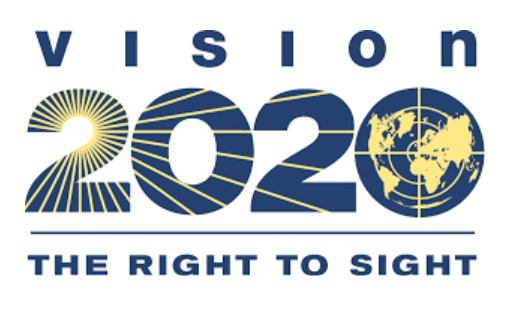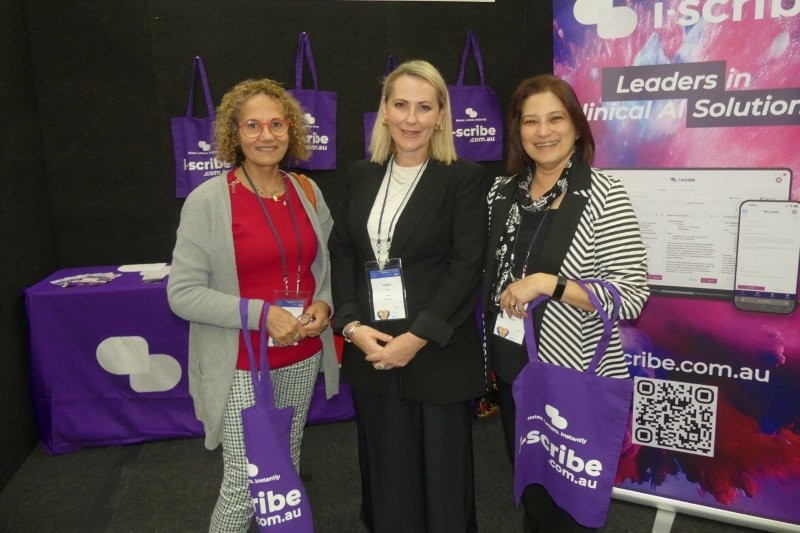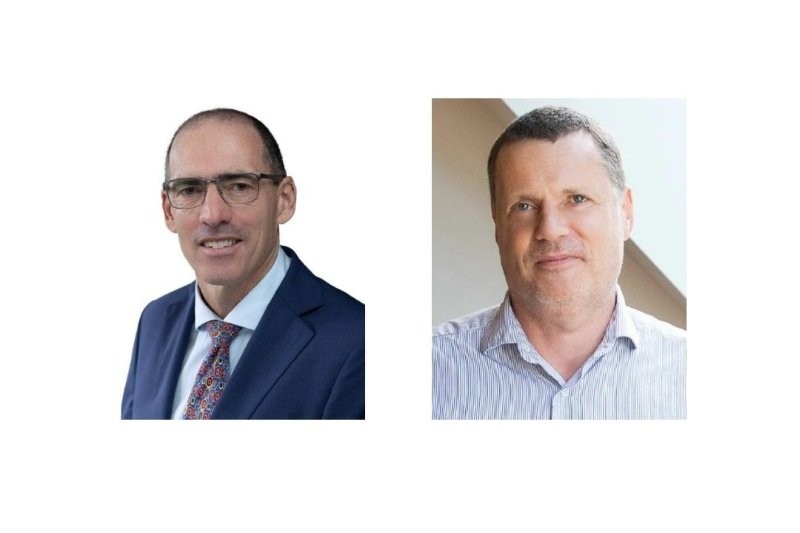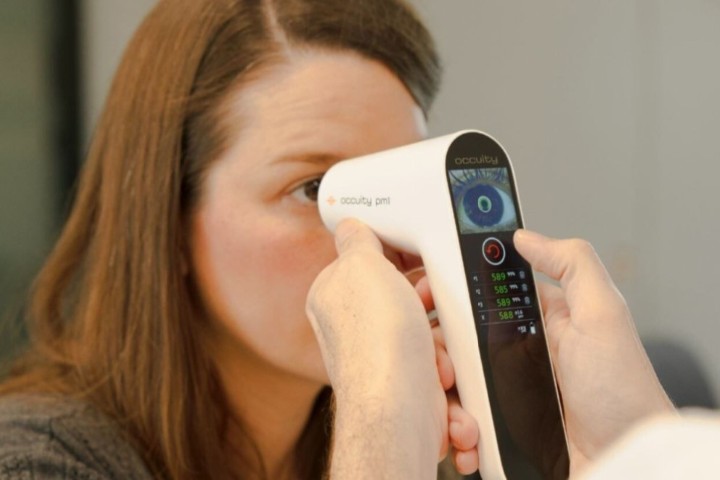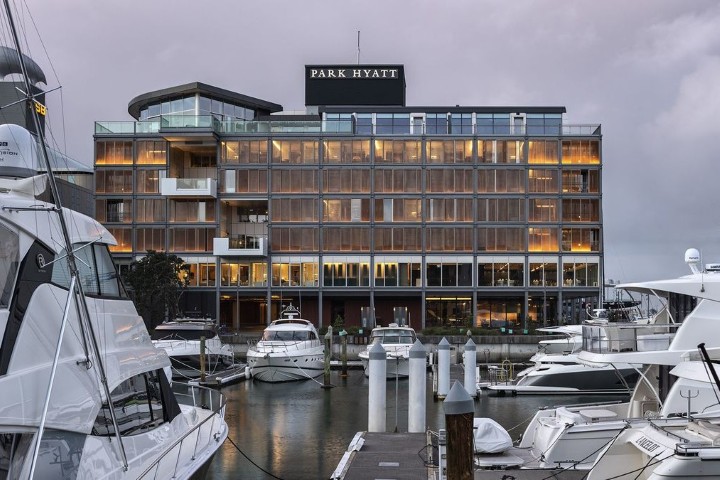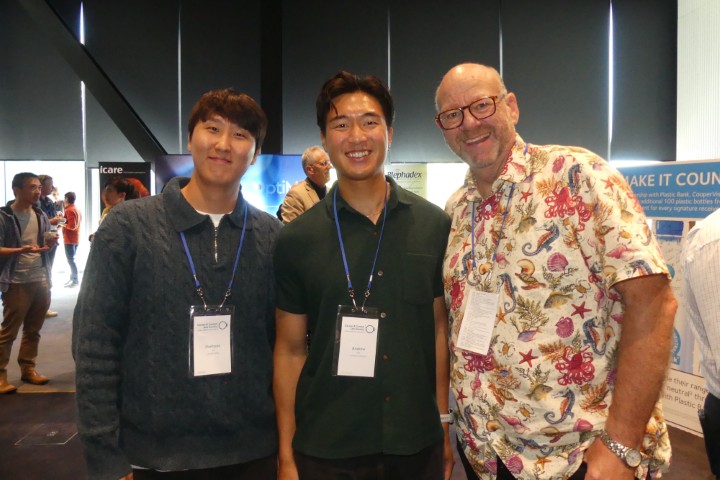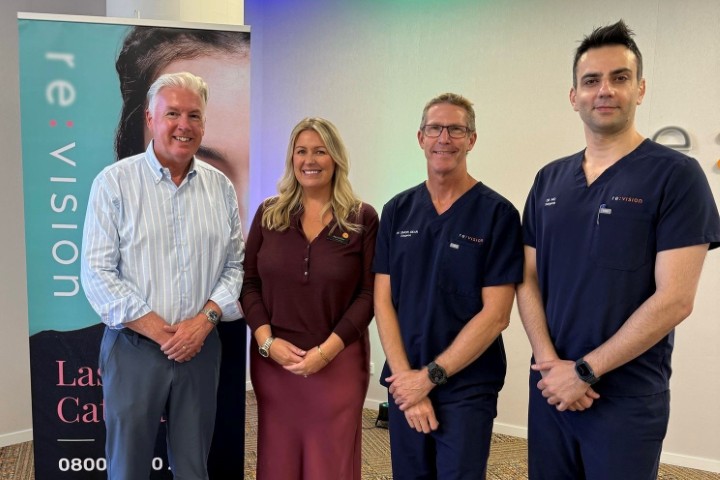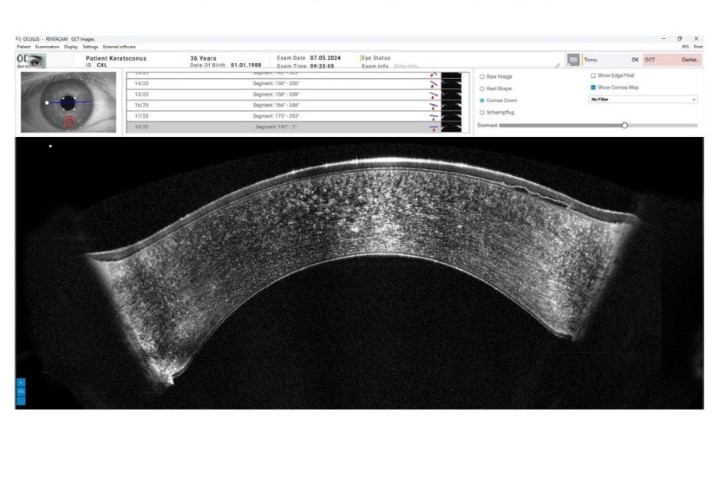One voice for NZ’s eye health sector
Vision 2020 in New Zealand has been re-energised as an independent voice for the broader eye health sector and will now become a much more robust and representative nationwide initiative, said independent chair Darren Ward.
Bringing in the global Vision 2020 connections and goals (signed by governments across the world, including New Zealand) adds real weight to the Eye Health Coalition (EHC), said Ward, who now represents both bodies.
EHC was formed nearly three years ago from a growing sense of frustration about the lack of progress in eye health and fragmentation in the sector that was holding back access to services. It includes representatives from the New Zealand Association of Optometrists (NZAO), the Royal Australian and New Zealand College of Ophthalmologists (RANZCO), Macular Degeneration New Zealand (MDNZ), Glaucoma New Zealand (GNZ), Retina New Zealand (RNZ) and Auckland University’s School of Optometry and Vision Science (SOVS). Together with Ward, former Blind Foundation chief executive, Sandra Budd, is the other Vision 2020 NZ independent trustee. EHC’s strategic plan, which will now be promoted under the umbrella of Vision 2020 NZ, is focused on four strategies:
● Gathering data and evidence on the eye health care gap
● Advocating for change on the basis of evidence
● Considering eye health care through the lens of the patient to improve pathways to eye health
● Building sustainability through funding as well as systems and processes
Vision 2020 was launched worldwide by the World Health Organisation (WHO) in 1999 with the aim of eliminating avoidable blindness by 2020. It works in tandem with the International Agency for the Prevention of Blindness (IAPB) which represents more than 20 international, non-governmental organisations involved in the prevention and management of blindness.
The initiative quickly gained traction in developing countries but has had less success in the western world, except in Australia, where Vision 2020 has a strong political voice, campaigning effectively to push through better eye health initiatives and gain millions more dollars for eye healthcare. Vision 2020 Australia is also supporting the New Zealand arm’s revitalisation with both Vision 2020 Australia’s CEO Judith Abbott and IAPB’s western pacific regional programme manager Drew Keys attending the group’s initial strategy day with EHC representatives in late February.
“If the sector doesn’t take the lead, government is never going to,” said Ward. “There are too many competing priorities for the health dollar and the sectors getting funding successfully are the ones that have proved the case for funding themselves - and that’s been a clear message from the ministry too.”
Vision 2020’s catchcry is, The Right to Sight - we’ve got a long long way to go. This also applies to New Zealand, said Ward, but we don’t know how big the gap is between people who need eye care and those who actually receive it. “We need more data,” he said, adding the last major report on the economic impact of vision loss was Clear Focus in 2009, which used extrapolated data which was not universally accepted.
One of Vision 2020 NZ’s key roles was advocacy, to work with the health ministry on certain initiatives and to engage at a non-partisan level with the Parliamentary Friends of Eye Health (PFEH), a cross-party group co-chaired by Labour MP Louisa Wall and National MP Simon O’Connor.
For Vision 2020 NZ to fulfil its goals, it was important to build a solid organisation with a long-term future and the first step was to secure research and operational funding, said Ward.
Professor Steven Dakin, head of SOVS, said the overall goals of the EHC and Vision 2020 NZ also aligned with those of SOVS. “My work with this group revealed a lack of basic information about the vision of New Zealanders and their access to eye healthcare. Our relative ignorance in this area feeds a vicious cycle where we are unable to justify to funders and policymakers the need to resource research and services relating to eye health. I believe this is why eye health has slipped down politicians’ list of funding priorities and likely contributes to the current crisis district health boards across New Zealand face in the management of age-related eye disease. It also means that we are not being resourced to tackle the barriers faced by Māori/Pacific patients when they try to access eye healthcare.”
Though all members of the EHC continue to advocate for better services in their own right, working together under the Vision 2020 banner should strengthen the cause and enhance advocacy for change, said MDNZ’s general manager Phillippa Pitcher. Glaucoma New Zealand (GNZ) general manager Ana Lee concurred, adding GNZ was continuing to separately push for a free, early glaucoma check for all close relatives of glaucoma sufferers as well as funding for preservative-free drops.
RANZCO CEO Dr David Andrews said RANZCO was also pleased to be involved with the emerging Vision 2020 Eye Health Coalition working group. “The working group aims to bring together issues across the eye health sector in New Zealand and represent eye care patients, ophthalmology, optometry and eye care charities. The coalition will advocate for patients to receive the best eye care possible.”
Vision 2020 NZ welcomes other organisations working in the eye health care area. It can be contacted via darren.ward@direct-impact-group.com.
See related story on the EHC’s presentation to PFEH about the potential for an annual eye health check for seniors, and news about Vision 2020 Australia’s latest initiatives here: www.eyeonoptics.co.nz/articles/archive/a-combined-voice-for-australia-s-eye-sector/










